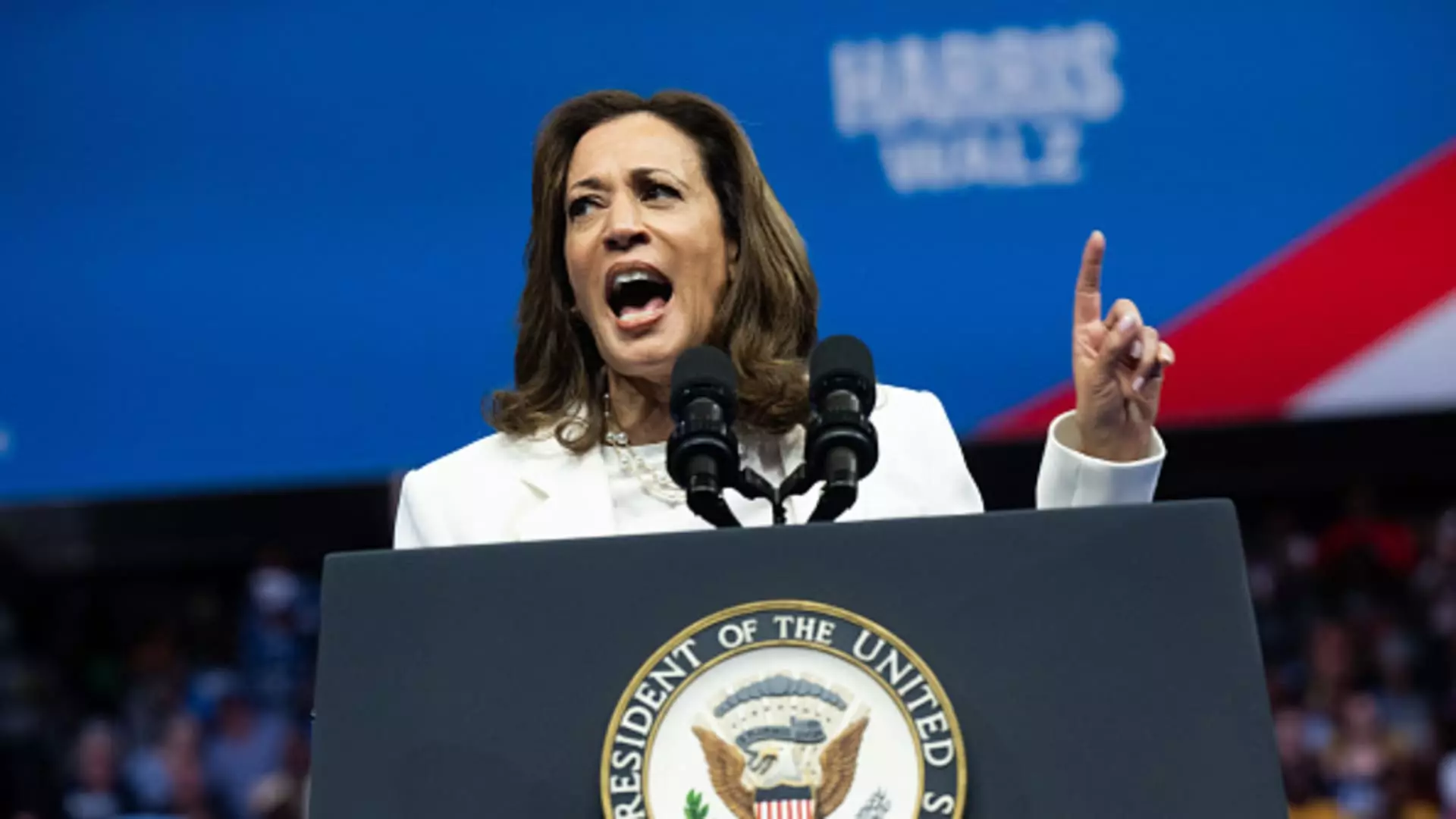Vice President Kamala Harris has recently outlined her economic agenda, which includes calling for higher taxes on wealthy Americans and corporations. Her plan, endorsed in August, mirrors the tax increases proposed by President Joe Biden in his budget for fiscal year 2025. One of the key components of this plan is the implementation of a 25% minimum tax on total income for individuals with asset growth exceeding $100 million, known as the billionaire minimum tax.
Despite the intentions behind this tax plan, experts believe that Harris’s proposal is unlikely to gain traction. The lack of political support for such a tax increase is a significant hurdle, as demonstrated by the failure of similar proposals in the past. The business community, including entrepreneurs like Mark Cuban, has also expressed skepticism about the feasibility and impact of taxing unrealized gains.
Criticism from Policy Experts
Policy experts have raised concerns about the potential drawbacks of implementing a billionaire minimum tax. Erica York, a senior economist, has criticized the proposal for moving away from sound tax policy principles. She highlights concerns about administrative and compliance challenges, liquidity issues, possible gaming of the system, and disputes with the IRS. Overall, she believes that the proposal may be unworkable in practice.
While many Americans may support the idea of higher taxes on the wealthy, there are legitimate concerns about the effectiveness and feasibility of such a tax plan. Steve Rosenthal, a senior fellow at the Urban-Brookings Tax Policy Center, also questions the viability of the proposal, pointing to potential legal challenges and constitutional issues. The Supreme Court ruling in June further complicates the implementation of such a tax policy.
Kamala Harris’s economic agenda, particularly her proposal for a billionaire minimum tax, faces significant challenges and criticism from various stakeholders. While the intention behind the tax plan may be well-meaning, the practical implications and feasibility of its implementation remain questionable. As policymakers continue to debate tax reform and revenue-raising measures, it is essential to carefully consider the potential consequences and challenges associated with such proposals.

